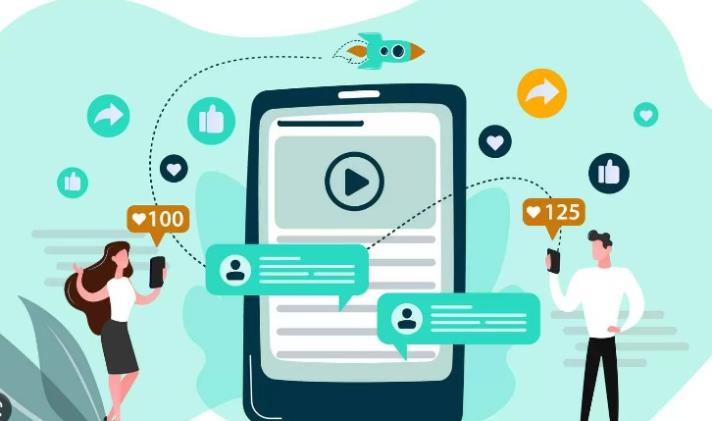Social media has become an integral part of the travel and tourism industry. It has transformed the way people plan and book their trips, and it has also impacted the way people share and consume information about destinations. In this article, we will explore the impact of social media on travel and tourism Newsmartzone.
Destination Discovery
Social media has become a powerful tool for discovering new destinations. Travelers can use platforms like Instagram and Pinterest to explore photos and videos of different places, and travel bloggers and influencers can provide valuable insights and recommendations. Social media has made it easier for travelers to discover off-the-beaten-path destinations and hidden gems, which has led to a rise in sustainable and eco-tourism newspaperworlds.
Reviews and Recommendations
Social media has also impacted the way people make travel decisions. Travelers can now read reviews and recommendations from other travelers on platforms like TripAdvisor and Yelp, which can influence their booking decisions. Social media has also made it easier for hotels, airlines, and other travel providers to engage with their customers and respond to their feedback timesofnewspaper.
User-Generated Content
Social media has also led to a rise in user-generated content, where travelers share their experiences and recommendations with others. User-generated content can include photos, videos, and blog posts, and it can be shared on social media platforms, travel forums, and blogs. This type of content is often more authentic and trustworthy than traditional marketing materials, and it can have a significant impact on travelers’ decisions mywikinews.
Influencer Marketing
Social media influencers have become a powerful force in the travel and tourism industry. Influencers can use their platforms to promote destinations, hotels, and travel products to their followers, who often trust their recommendations. Influencer marketing has become a popular way for travel brands to reach new audiences and generate buzz around their products.
Crisis Management
Social media has become an essential tool for crisis management in the travel and tourism industry. In the event of natural disasters, terrorist attacks, or other emergencies, travel providers can use social media to communicate with their customers and provide updates on the situation. Social media can also be used to reassure travelers and provide guidance on safety measures topportal.
In conclusion, social media has had a significant impact on the travel and tourism industry. It has transformed the way people discover destinations, make travel decisions, and share information. Social media has also created new opportunities for travel brands to reach audiences and engage with their customers. As social media continues to evolve, it will undoubtedly shape the future of travel and tourism.


